Making Home Saturday Series: Building Home (Session 2)
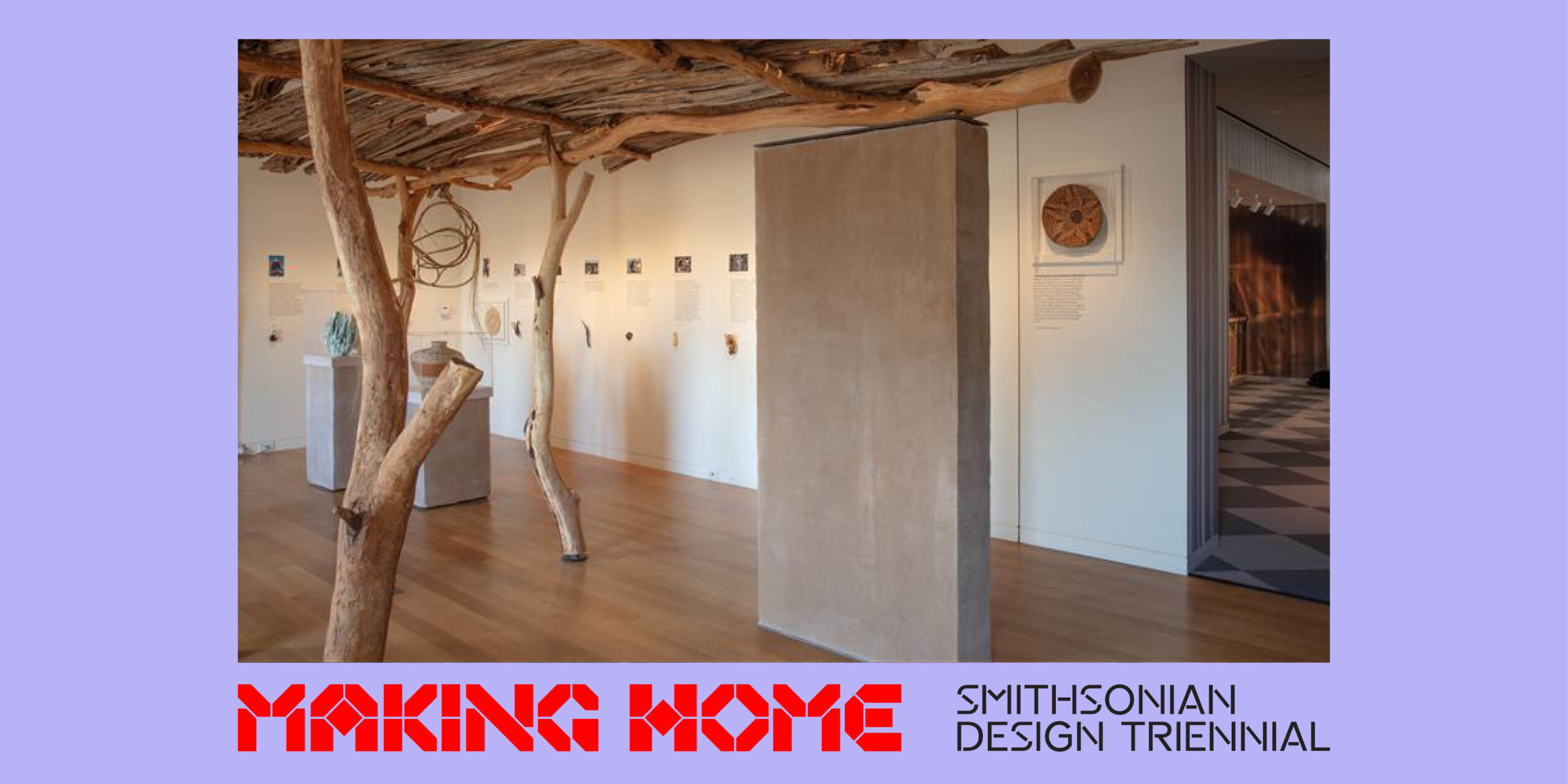
Making Home Saturday Series: Building Home (Session 2)
A TOhono O’odham Native food tasting and garden celebration
April 26, 2025 – Tasting 12:00 p.m. to 2:00 P.m., Table displays 11:00 a.m. to 5:00 p.m.
Join us for a Native food tasting and garden celebration that will share uses of seasonal plants as food and constructive materials of the Tohono O’odham Nation’s Alexander Pancho Farm in Sells, Arizona.
In their Triennial installation titled We:sic ’em ki: (Everybody’s Home), master basket weaver and activist Terrol Dew Johnson (1971–2024, Tohono O’odham Nation; active Sells, Arizona) and architects Aranda/Lasch give us a glimpse into a future home they are building with local desert materials from the ancestral O’odham land adjacent to the family’s Alexander Pancho Memorial Farm including fragrant mesquite trees, saguaro cactus ribs, and clay-rich soil. We:sic ’em ki: embraces an essential tenet of the O’odham Himdag structure—to live and build regeneratively into the future—and will serve as a model for art, activism, and sustainable desert living.
During this session, participants will get to taste various recipes made using traditional ingredients from the farm while learning more about Native food ways and history from farmer Noland Johnson and traditional singer Michael Enis.
Drop in throughout the day to Cooper Hewitt’s Garden to meet additional Tohono O’odham representatives, including farmer Amy Juan, Mary Paganelli Votto the co-author of From I’itoi’s Garden: Tohono O’odham Food Traditions, and youth farmers from the Pancho Farm community who have created table displays featuring materials, tools, and techniques with support of students from The Cooper Union School of Architecture.
This program is being held as part of the Making Home Saturday Series: Building Home, a day-long, multi-format public program and celebration taking place across the museum’s galleries and garden involving several Making Home—Smithsonian Design Triennial designers and architects. Through food, song, storytelling, and conversation, the participants will share the cultural perspectives, models of environmental advocacy, and systems of Indigenous building they explore in their Making Home commissions.
Pre-registration for this Session is now closed. Learn more about the other Sessions.
About the Speakers
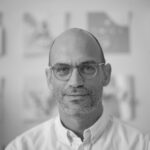
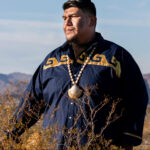
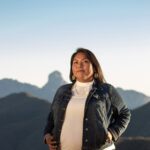
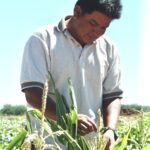

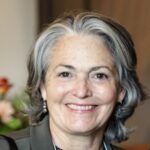
Accessibility & What to Expect
Format: The program will begin with a brief welcome, then the speakers will engage in a presentation. Attendees will be standing and able to visit the table displays. Food tastings will be served on a first come, first served basis.
About the space: This program will take place in Cooper Hewitt’s Garden. It is fully wheelchair accessible. There is an accessible restroom available inside the museum. Read more about accessibility at Cooper Hewitt.
Accommodations: If we can provide additional services to support your participation, email us at CHEducation@si.edu or let us know when you register. Please make your request as far in advance as possible—preferably at least ten days before the program date.
Special Thanks
Making Home—Smithsonian Design Triennial is presented in collaboration with Smithsonian’s National Museum of African American History and Culture. This project received federal support from the Smithsonian American Women’s History Initiative Pool, administered by the Smithsonian American Women’s History Museum; the Latino Initiatives Pool, administered by the National Museum of the American Latino; the Asian Pacific American Initiatives Pool, administered by the Smithsonian Asian Pacific American Center; and the Smithsonian’s National Museum of African American History and Culture.
Generous support is provided by the Henry Luce Foundation and the Terra Foundation for American Art.
Support is also provided by the Lily Auchincloss Foundation; Edward and Helen Hintz; re:arc institute; the Keith Haring Foundation; the Lemberg Foundation; Maharam; and the Graham Foundation for Advanced Studies in the Fine Arts.
